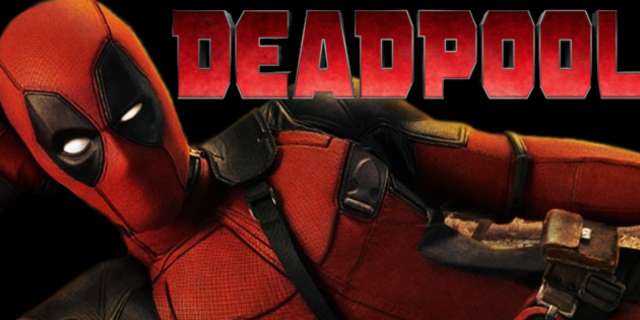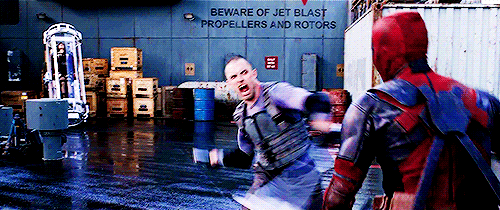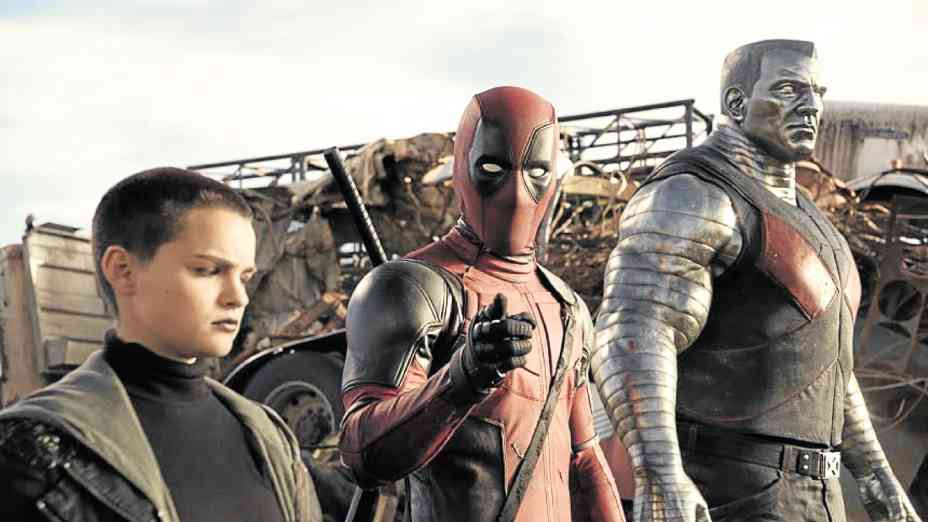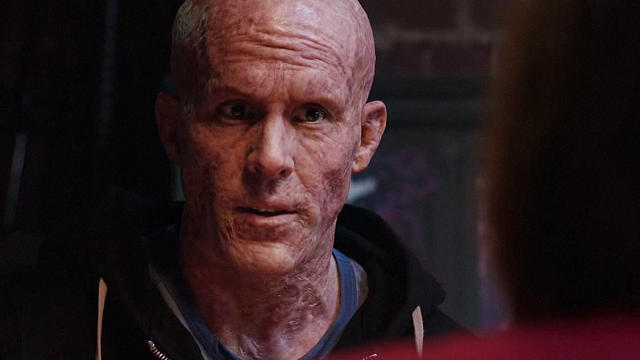The super-hero film genre has exploded in the last eight years with Marvel Studios leading the pack. Despite their dominance, they continue to license some of their intellectual properties to other film studios. Because of this, several of the films based on said properties faltered critically and commercially (Fantastic Four and the Ghost Rider films, particularly). In those examples, the filmmakers either didn’t have a sufficient grasp on the source material or they allowed unseen people above them to twist and distort it beyond recognition. Other licensed properties do well, such as Spider-Man and X-Men, but there have been cries of bringing them over to Marvel Studios given the declining and fluctuating quality of those franchises. But then there are films of this genre that polarize critics.
2009’s Watchmen wasn’t what viewers who were unfamiliar with the original graphic novel expected. Many, who were just off the heels of the 2008 megahit The Dark Knight, hated the film because it went against type. It was a tongue-in-cheek critique on the archetypes of costumed vigilantes, framed in a manner that shows them to be just as human and flawed as the viewer. 2010’s Kick-Ass was just as adult-oriented, but with a greater modicum of humor. With hyperstylized violence, it was like crossing a super-hero movie with 1993’s True Romance. Lastly, there’s another film that throws up a big middle finger to what you expect from this genre: Deadpool.

Title: Deadpool
Released: February 12th, 2016
Director: Tim Miller
Starring: Ryan Reynolds, Morena Baccarin, Ed Skrein, T.J. Miller, Gina Carano, and Brianna Hildebrand
PLOT: Wade Wilson (Ryan Reynolds) works as a mercenary in New York City. His reputation as the “merc with a mouth” is only contrasted with his skills as an efficient killer. He describes himself as a bad guy who goes after worse people and frequently makes it clear that he’s not a hero. He later meets a prostitute named Vanessa (Morena Baccarin) and they hit it off instantly into a mostly sexual relationship. After getting a diagnosis of terminal cancer, Wade leaves Vanessa and enters a clandestine program that can cure his cancer and activate his latent mutant powers. The program is led by Ajax b/k/a Francis (Ed Skrein), a sadistic mutant with enhanced strength and deadened nerves. The treatment on Wade proves to be a success, but it leaves his entire body badly scarred. He now has superhuman agility, endurance, and a handy-dandy fast healing factor, but the treatment also left him insane.
After reconnecting with his best friend Weasel (T.J. Miller), he creates a body suit made of durable red spandex and begins calling himself Deadpool. Though it sounds like he’s costumed superhero, he’s really only a super-powered costumed avenger at this point. He targets and kills criminals that can lead him closer to Francis. Does that plot sound formulaic? That’s because it is. It’s a revenge story with specks of a love story thrown in. But overall, it’s meant in jest.
MY TAKE: I’ve seen the film twice since it was released three days ago. The fact that it doesn’t take itself seriously made me enjoy it more than the equally not-as-serious source material. The creative team behind the character is Rob Liefeld and Fabian Nicieza, artist and writer respectively. Though Liefeld is more associated with the character (he’s even name-dropped in the flashback sequence), it was Nicieza who (pun intended) fleshed him out. In Deadpool’s early appearances and his first two limited series from the 1990s, he was a fearless hitman with a motormouth. Using his uncontrollable wit, with plenty of pop culture references, to distract his opponents made him a standout character among the more serious weapon-toting characters at the time (like his eventual partner, Cable). But after that, he became more and more prevalent.
Having multiple appearances across Marvel titles and starring in at least a dozen more titles of his own left me feeling over-saturated by the character. He’s always been a humor tool by writers. Even in his first appearance, he gets beaten by the New Mutants and literally shipped via FedEx back to his employer. The introduction and frequent usage of Deadpool breaking the fourth wall for narratives contributed to my aversion of the character in the comic medium. The fourth wall technique worked in John Byrne’s run on Sensational She-Hulk title, but it made the character of Deadpool a parody of himself.
However, that technique is more effective when applied on film. And here it’s used to its utmost humorous effect. From the flashbacks to the present-day narration. Even the opening credits sequence is a joke, introducing the director as a “douchebag” and Ryan Reynolds as “God’s lucky idiot”. It’s best used as metacommetary on the film itself, such as when Deadpool makes a sly comment on FOX studios not being able to use any new X-Men characters in films and a visual jab at his mangled appearance in 2009’s X-Men Origins: Wolverine. Director Tim Miller must’ve took a page from Mel Brooks’ Spaceballs (1987) for that one.
Ryan Reynolds has stated that this Deadpool is more true to the comics than the version he portrayed in X-Men Origins. He’s right. With over-the-top violence and quick pop-culture witticisms, Reynolds’ Deadpool is like Robin Williams guest appearing on Real Time With Bill Maher: Insane, seemingly coked-up, and constitutionally incapable of preventing himself from making witty rejoinders for every comment. Reynolds portrays the trademark humor as both Wade Wilson and Deadpool. As the latter, he does so while giving the character a disregard for his own safety. Deadpool may be seem insane, but if I had a constantly regenerating cellular structure that made me virtually indestructible, I’d leap off a highway ramp into moving traffic too. Actually, I wouldn’t, but the point is, I’d be free from fear and inhibition.

Ed Skrein’s Francis (Ajax) is introduced as a “British Villain”. His fight scenes with Deadpool were well-done, as was his portrayal of a callous and dry villain. With this level of violence, sex, and profanity, Deadpool technically qualifies as the first adult X-Men film. Reynolds’ banter and sex scenes with Vanessa weren’t expected for some. His conversation with Weasel after his transformation into Deadpool is one of the hilarious bits, comparing Wade’s scarred face to Freddy Krueger and a topographical map of Utah. The character of Blind Al (played by Leslie Uggams) is also added to the film and is as bizarre, blind and caustic as her comic counterpart. She’s also the only character besides Vanessa who can match wits with Wade. Also, Vanessa is a shape-shifting mutant in the comics whose actual appearance resembles Mystique. Her characterization on film is like a teenage boy’s ideal fantasy woman: Beautiful, funny, loving and having a voracious sexual appetite.
The character’s connection with the X-Men film series is represented by the appearance of Colossus and the Negasonic Teenage Warhead (Brianna Hildebrand). Colossus is purely CGI and serves as a send-up of the “with great power comes great responsibility” adage. And the Warhead? She’s a sullen teenager who can create an explosive detonating force field. The fact that she’s brooding and a perpetual frowner who’s more into her iPhone than anything else is a parody as well, one mocking the dehumanization of youth via technology. They’re Deadpool’s unwitting allies in his revenge scheme against Francis.

If you like exaggerated live-action violence with plenty of humor, then this is for you. If you’re a fan of Deadpool,then the same answer applies. I enjoyed this film for both and also because of how Deadpool’s fourth wall breakage translated to film. The fact that it didn’t take itself seriously added to the fun of viewing it. There are two end credits scenes, but you’ll know what to expect from them by that point. Given the financial success, there’s bound to be a sequel. Also, Stan Lee makes a brief cameo, as expected. As for Ryan Reynolds, he finally has an on-screen comic book characters whose portrayal he now owns. Green Lantern? Who’s that?!
Follow Action A Go Go on Twitter and Instagram | Be sure to leave your thoughts in the comments section




